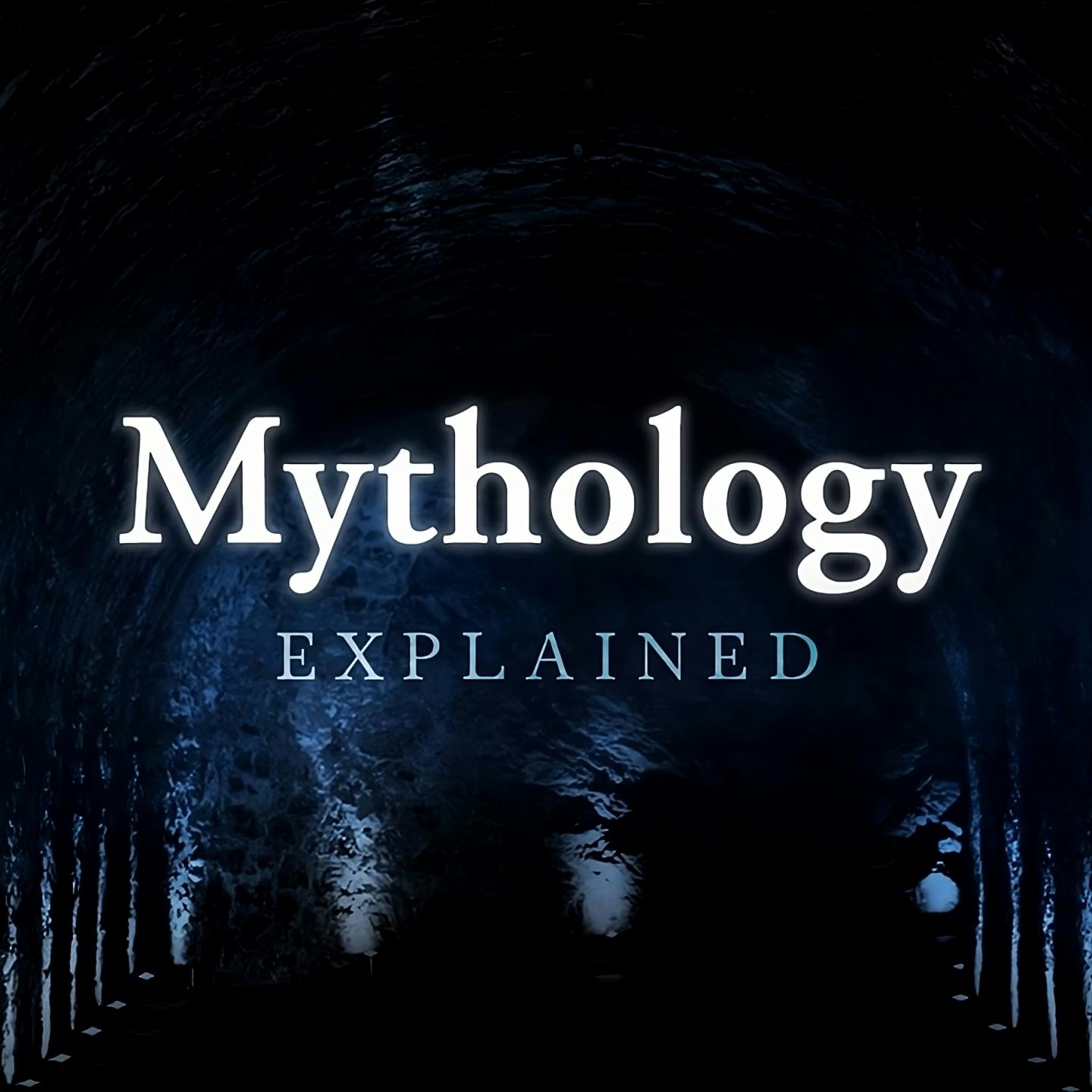
The Primordial Chaos Queen Who Terrorized the Gods

Mythology Explained
Shownotes Transcript
Hey everyone, welcome to Mythology Explained. In Today's video, we'll be discussing Tiamat, the primordial goddess of chaos who waged a war against the gods, a goddess so powerful that she brought an entire pantheon to its knees. Beyond her own incredible innate power, she fleshed out her forces by spawning a brood of terrible monsters, and she raised up a captain to lead her unholy host, taking him as her consort and giving him the Tablet of Destiny, which endowed him with mastery over destiny, thus making him virtually unstoppable. Alright, let's get into it.Most of what we know about Tiamat comes from the Enuma Elish, an ancient creation myth of Babylonian origin that describes the genesis of the world and the rise of the gods. It tells the story of how the god Marduk establishes his supremacy by defeating the primordial goddess Tiamat and creating the cosmos from her body. The text is written in the form of an epic poem and is one of the oldest recorded creation myths in human history. From here, we're going to go through the Enuma Elish, beginning with Chaos and the emergence of the gods and focusing on Tiamat throughout.The Babylonians conceptualized chaos as a primordial body of water, made up of two primordial gods: Apsu, the god of freshwater, and Tiamat, the goddess of saltwater. They existed before anything else and are the ultimate source of everything in Babylonian mythology. Here's the passage from the Enuma Elish that describes this:"When on high heaven was not yet named, nor was the hard ground below called by name - there was nothing but primordial Apsu, the begetter, and Mother Tiamat, she who gave birth to everything. The waters of Tiamat and Apsu were mingled together as a single body... It was a time before the gods had come into being, or were called by name, or their destinies determined - this was when the gods took form within them"